Yusuf Abdul Aziz v. State (AIR 1951 SC 321)
```
Quick Summary
The question: Is Section 497 IPC (adultery) against Articles 14 and 15 of the Constitution? The appellant, charged with adultery, challenged the law as discriminatory because women were not made liable. The Supreme Court held: No violation. Under Article 15(3), the State may make special provisions for women. Therefore, Section 497 (as it then stood) survived the equality challenge. Appeal dismissed.
Issues
- Does Section 497 IPC violate Article 14 (equality)?
- Is it saved by Article 15(3) (special provisions for women)?
Rules
Article 14: Equality before law; like persons must be treated alike.
Article 15: No discrimination on grounds of sex, etc. Article 15(3) permits special provisions for women.
Section 497 IPC (then): Penalized the man for adultery; the woman involved was not punishable.
Facts (Timeline)

Arguments
Appellant
- Section 497 treats men and women unequally; violates Article 14.
- Exempting women even as abettors is arbitrary.
- State cannot give a “licence” to commit a crime.
Respondent (State)
- Article 15(3) supports special protection for women.
- Classification has a constitutional basis, not hostile discrimination.
- Policy choice of the legislature within its competence.
Judgment

The Supreme Court upheld Section 497 IPC against the equality challenge. Relying on Article 15(3), the Court said the Constitution permits special provisions for women. Therefore, Section 497 did not violate Articles 14 or 15. Appeal dismissed.
Ratio
A law that treats women differently may be constitutionally valid if it fits within Article 15(3). Section 497’s policy of not punishing the woman partner in adultery was held to be such a special provision, hence not hit by Articles 14–15.
Why It Matters
- Shows how Article 15(3) can save a classification involving women.
- Explains the balance between equality and protective discrimination.
- Useful for exam answers on Articles 14–15 and IPC policy choices.
Key Takeaways
- Art. 15(3) permits special provisions for women.
- Section 497 (then) survived Art. 14–15 challenge.
- Courts distinguish policy choice from hostile discrimination.
Mnemonic + 3-Step Hook
Mnemonic: “15(3) Saves 497.”
- Equality? Check Article 14 claim.
- Exception? Apply Article 15(3) for women.
- Result: If it fits, the law stands.
IRAC Outline
| Part | Content |
|---|---|
| Issue | Does Section 497 IPC offend Articles 14 and 15 by exempting women from liability? |
| Rule | Article 14 equality; Article 15 non-discrimination; Article 15(3) allows special provisions for women. |
| Application | Exemption for women seen as a special provision permitted by Article 15(3), not hostile discrimination. |
| Conclusion | Section 497 upheld; no violation of Articles 14–15; appeal dismissed. |
Glossary
- Article 14
- Equality before law and equal protection of the laws.
- Article 15(3)
- Permits special provisions for women and children.
- Section 497 IPC (then)
- Adultery offence penalising the man, not the woman involved.
FAQs
Related Cases
Share
Related Post
Tags
Archive
Popular & Recent Post






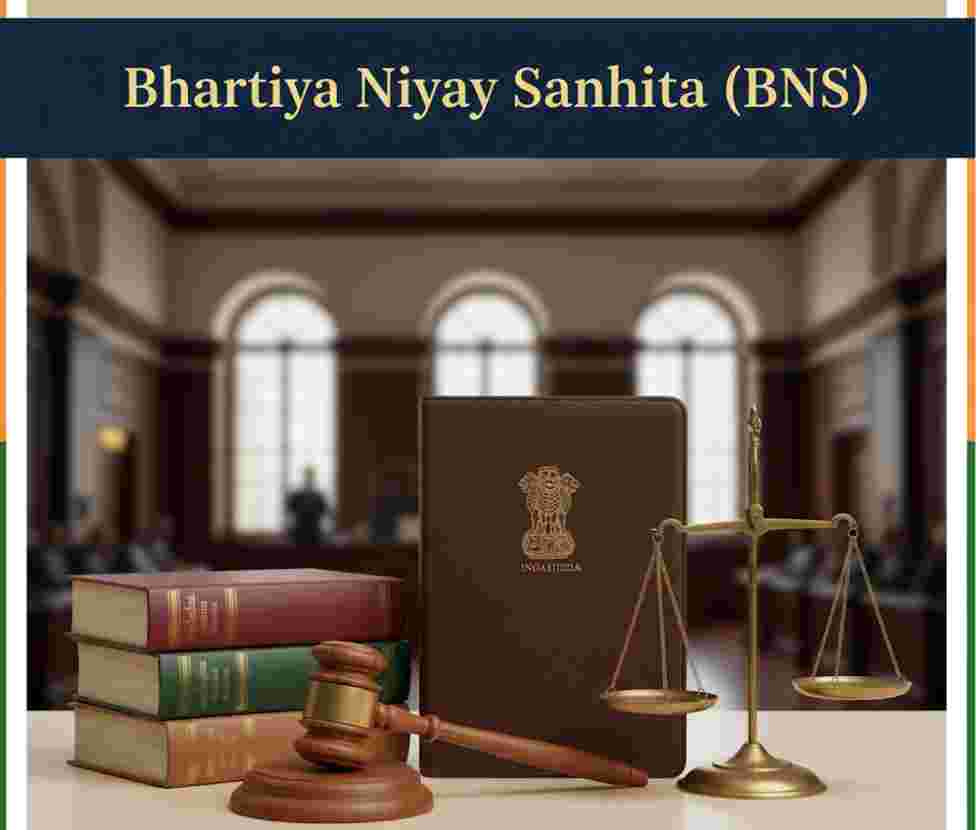
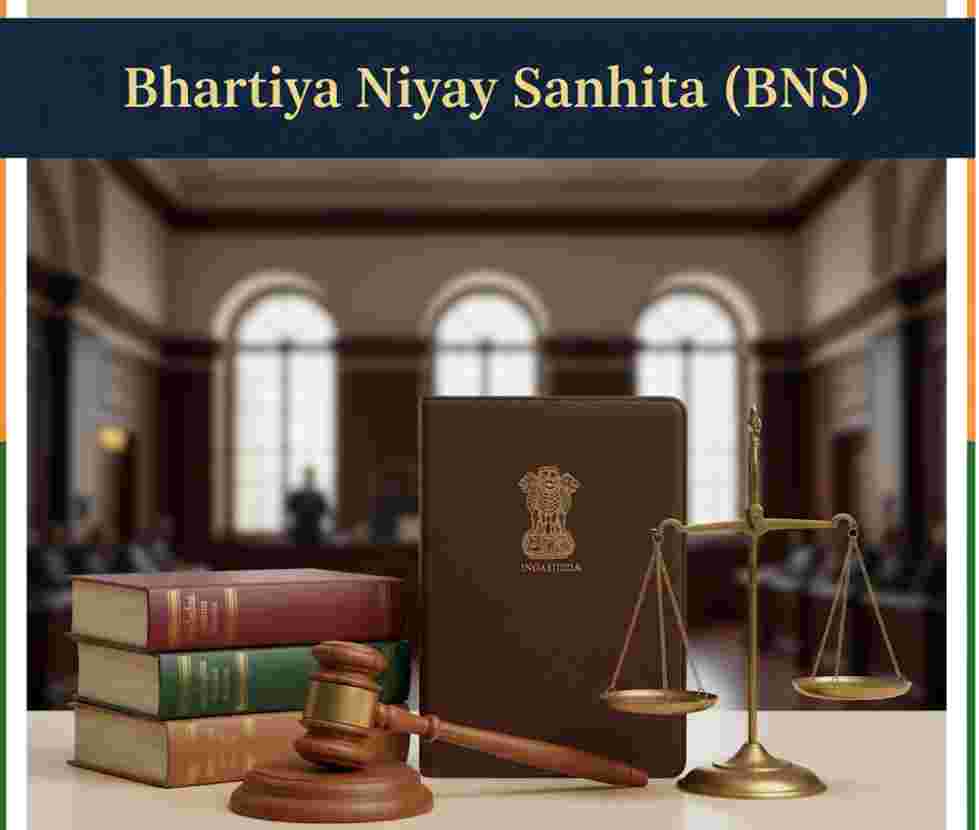
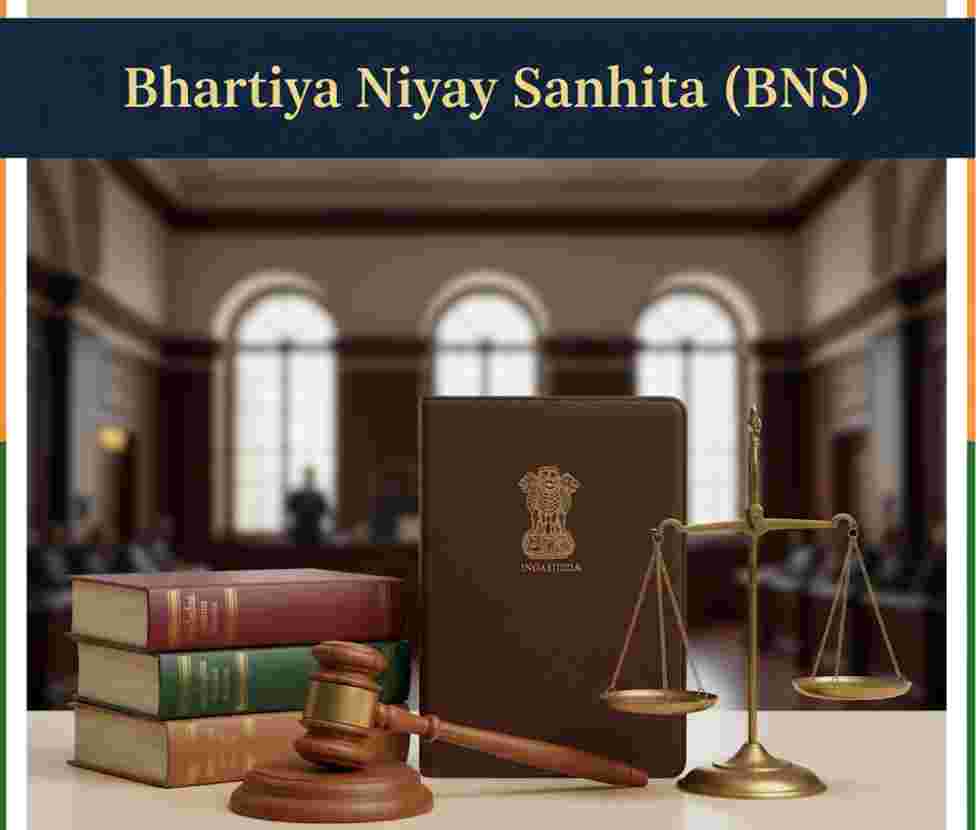
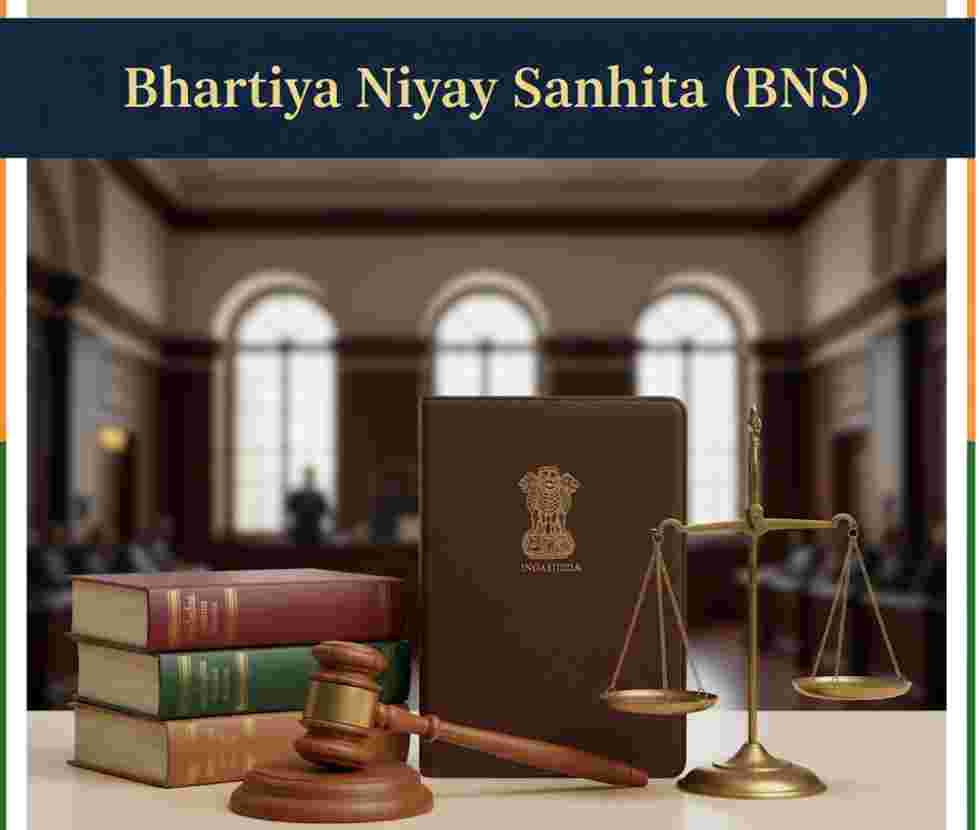
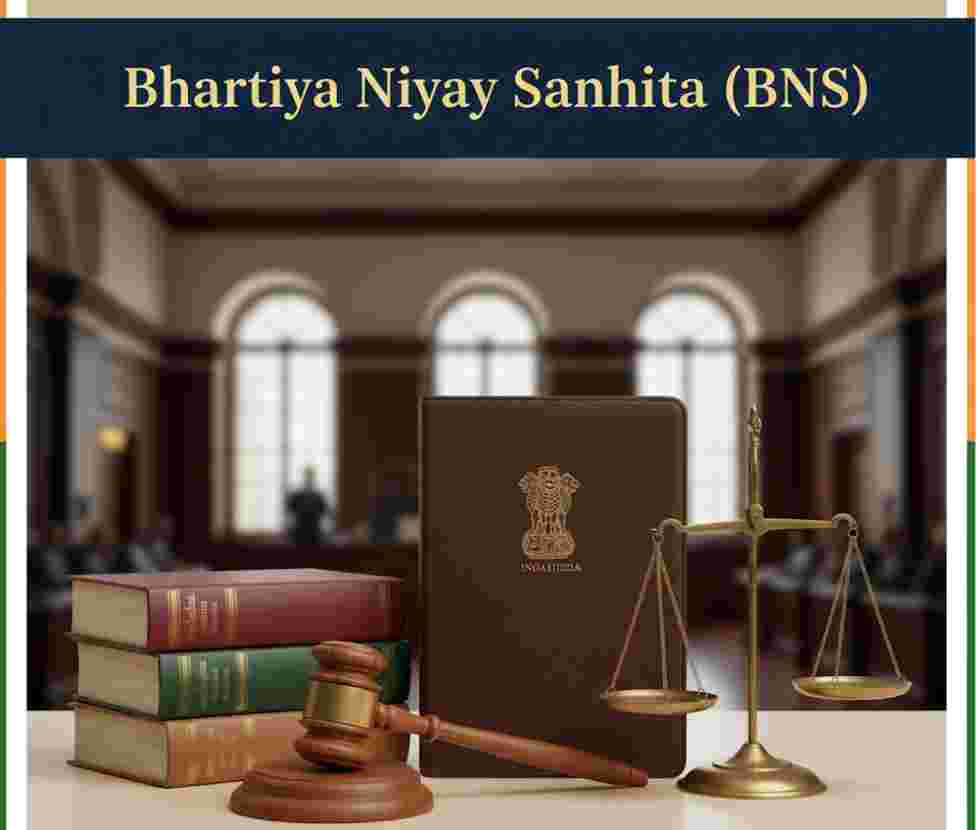
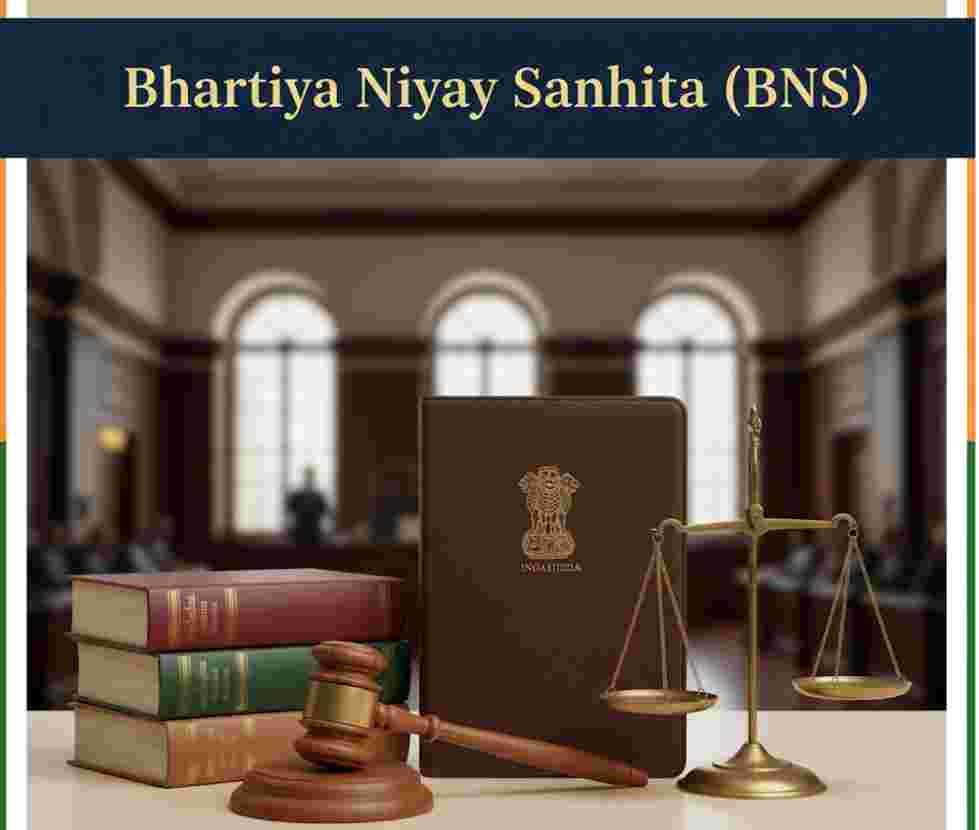
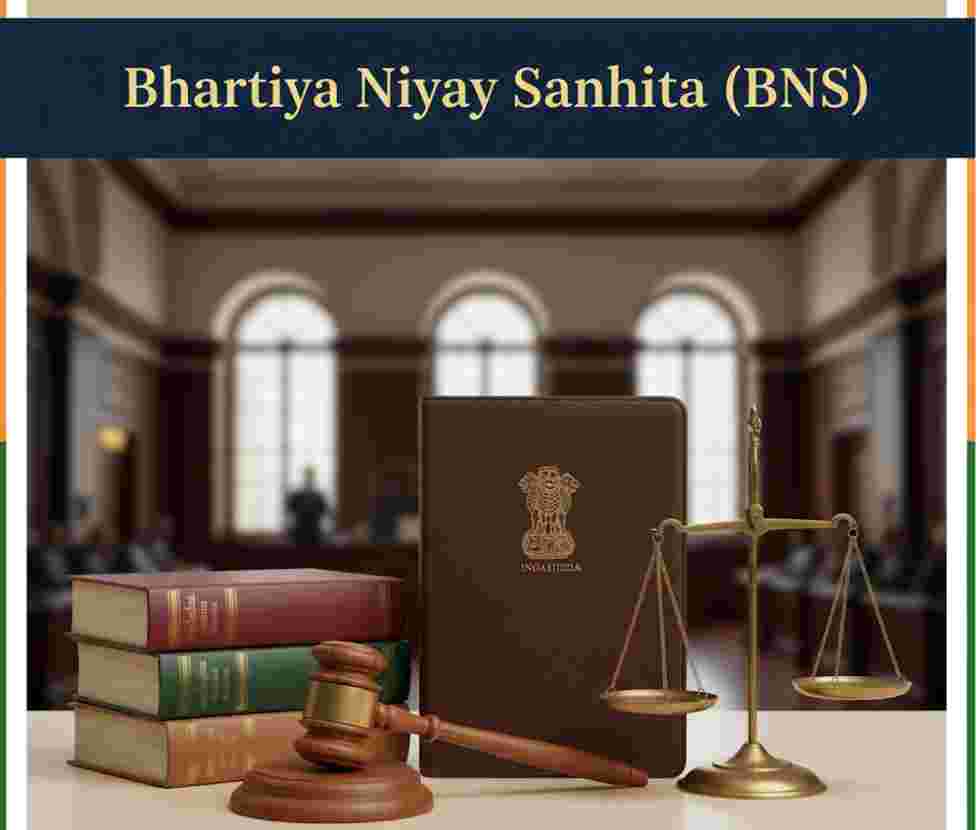
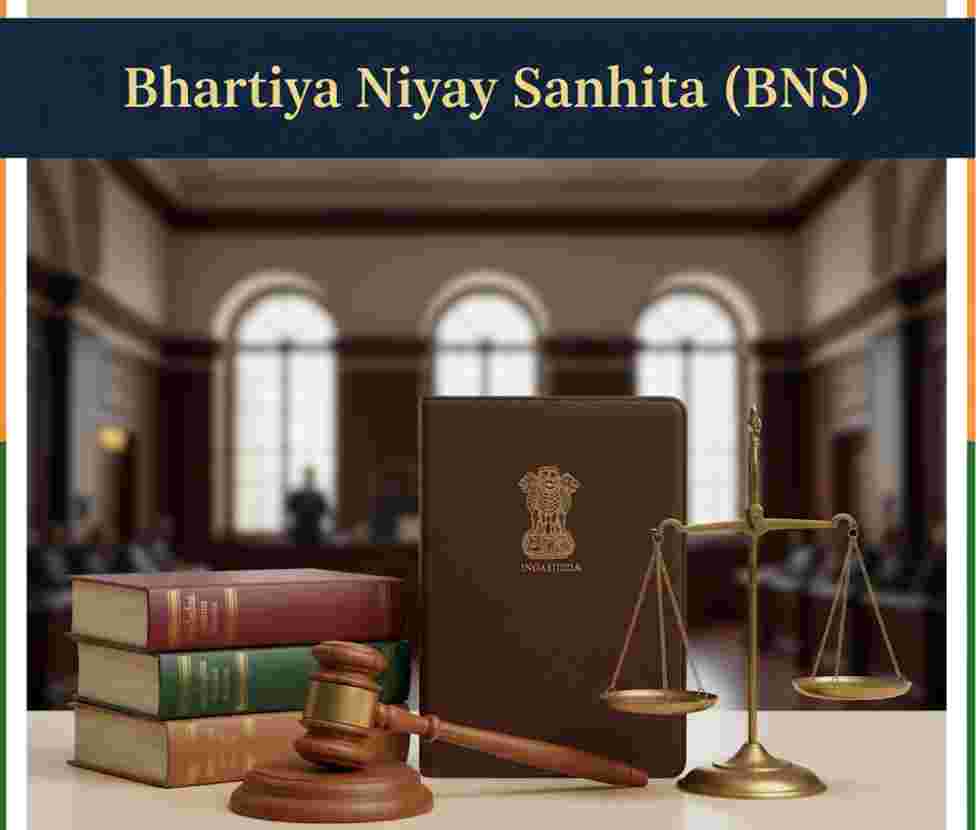
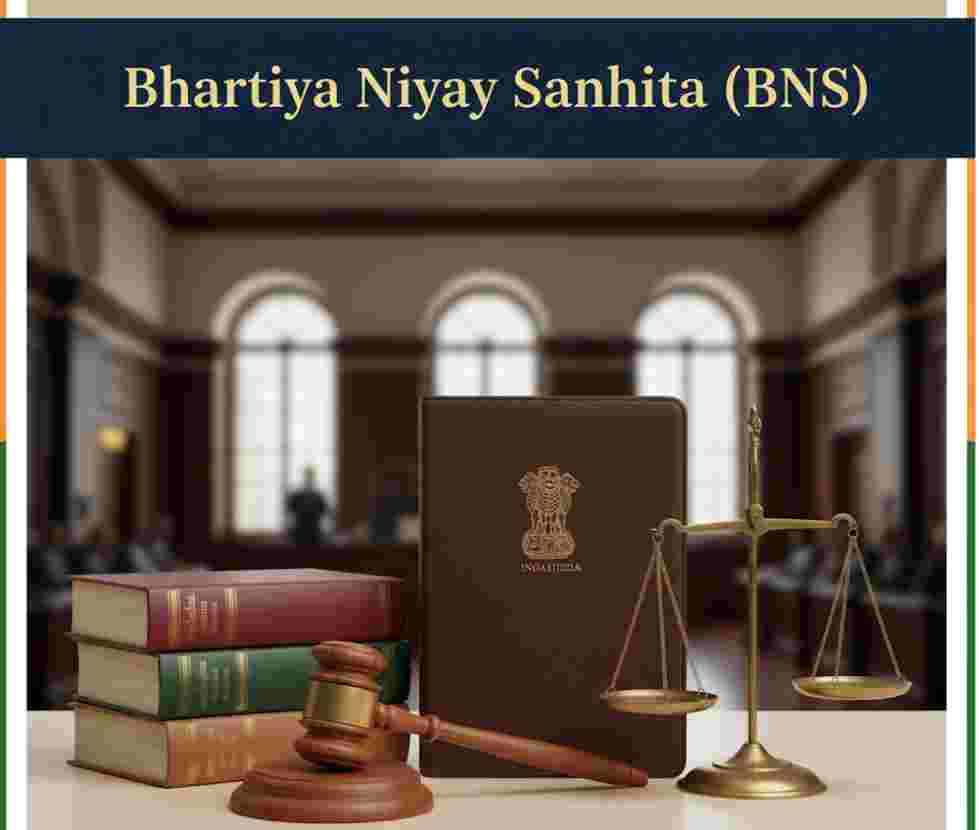
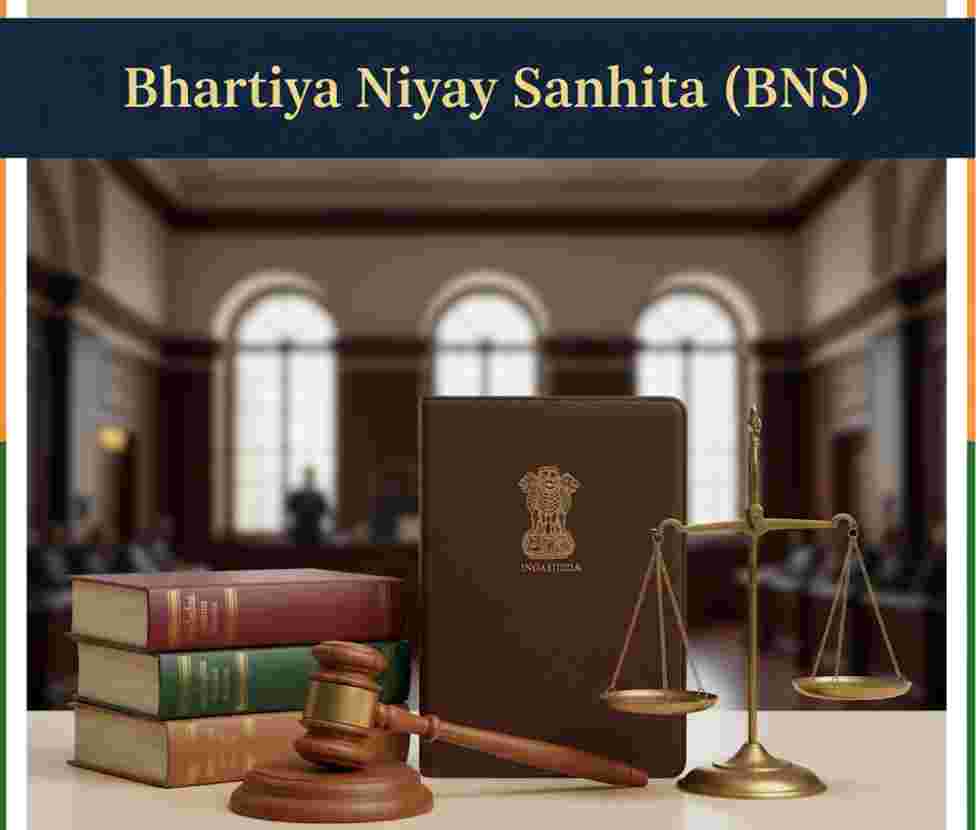
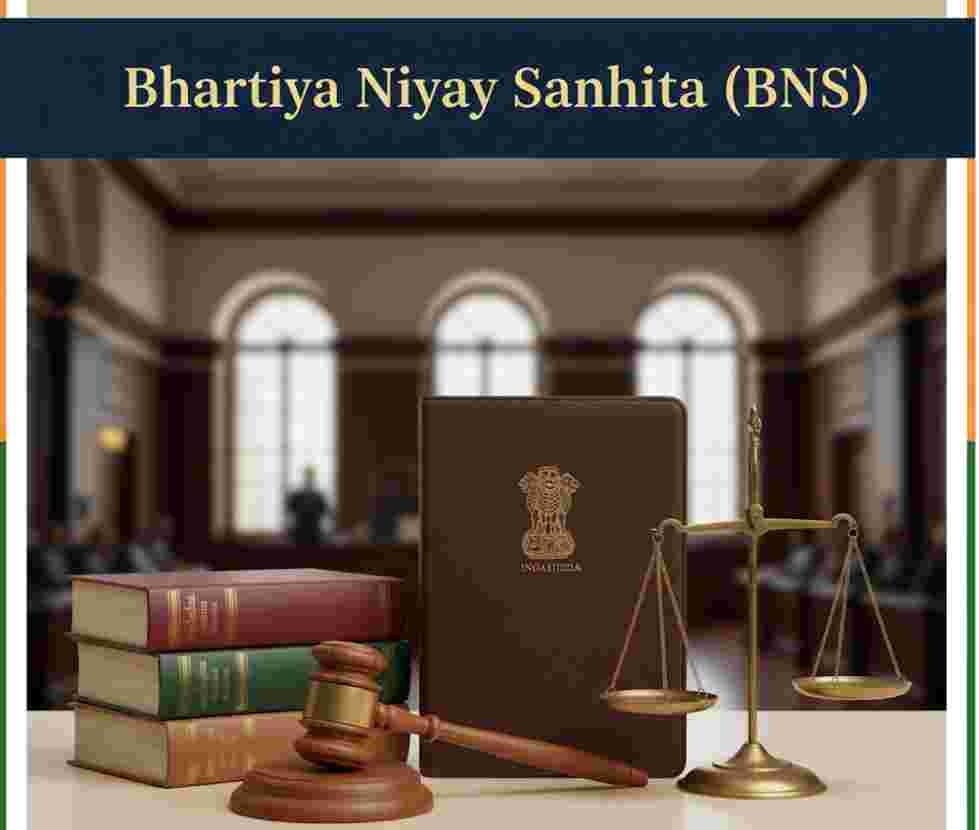
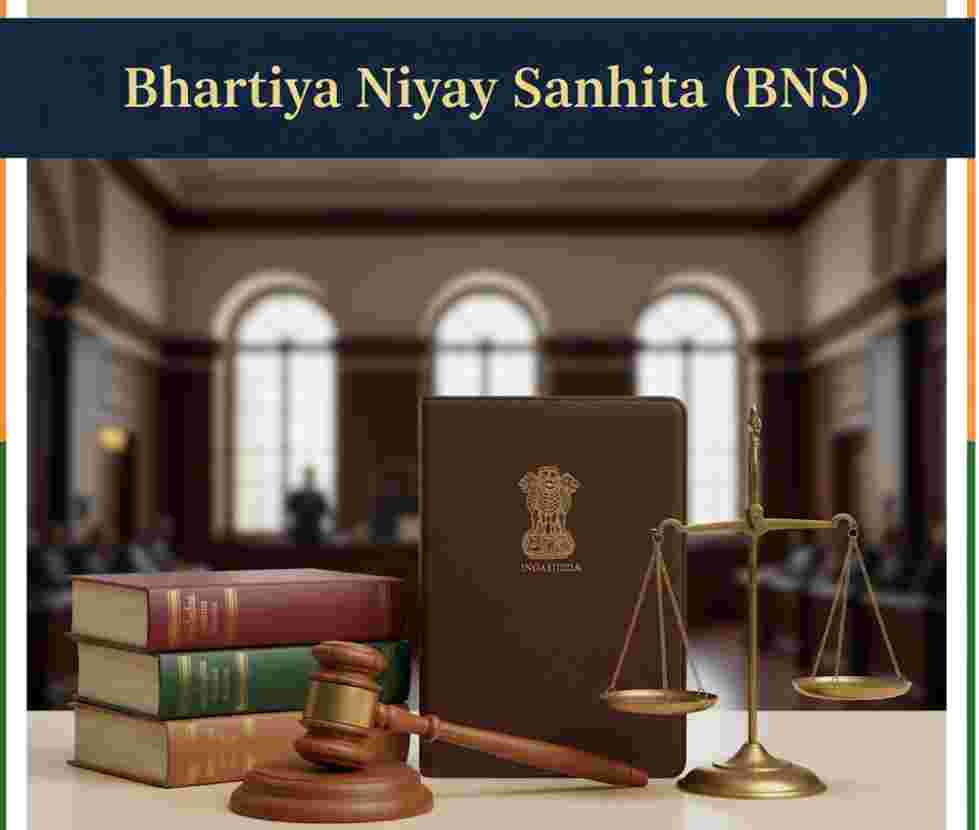
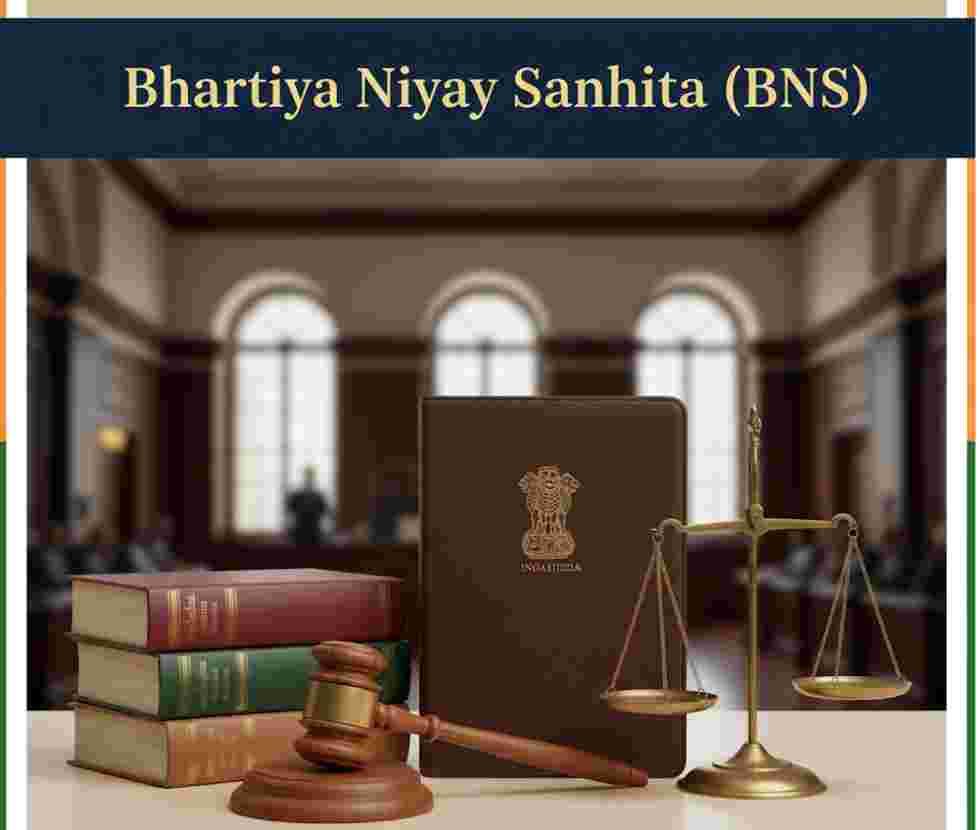
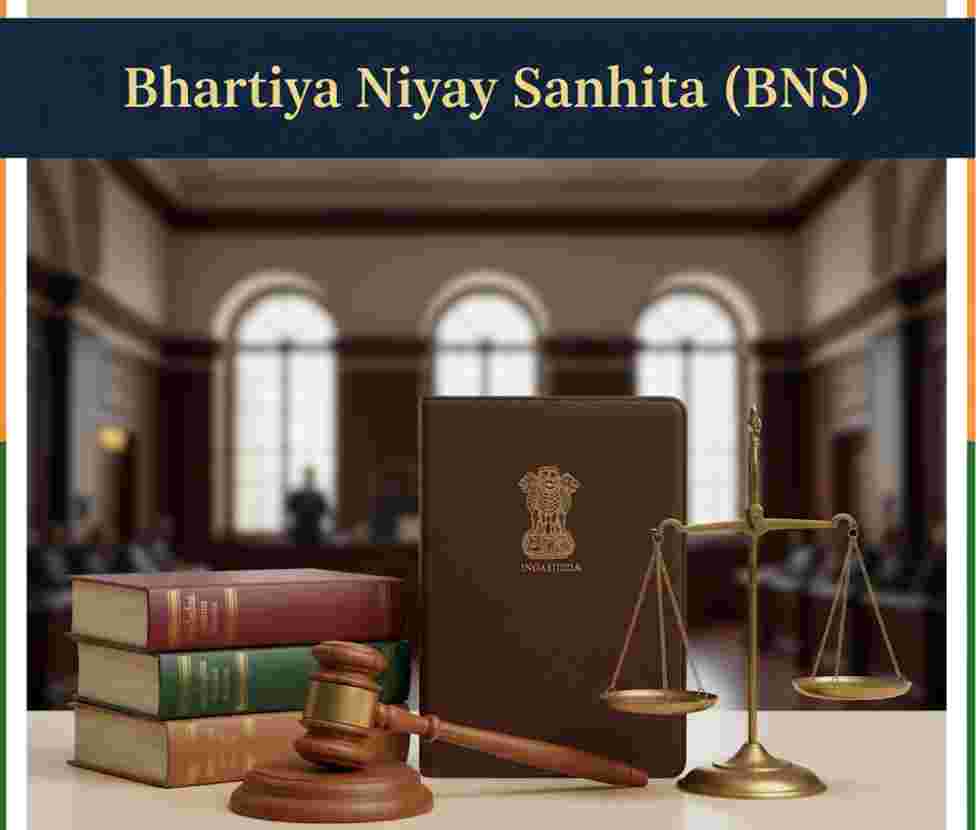
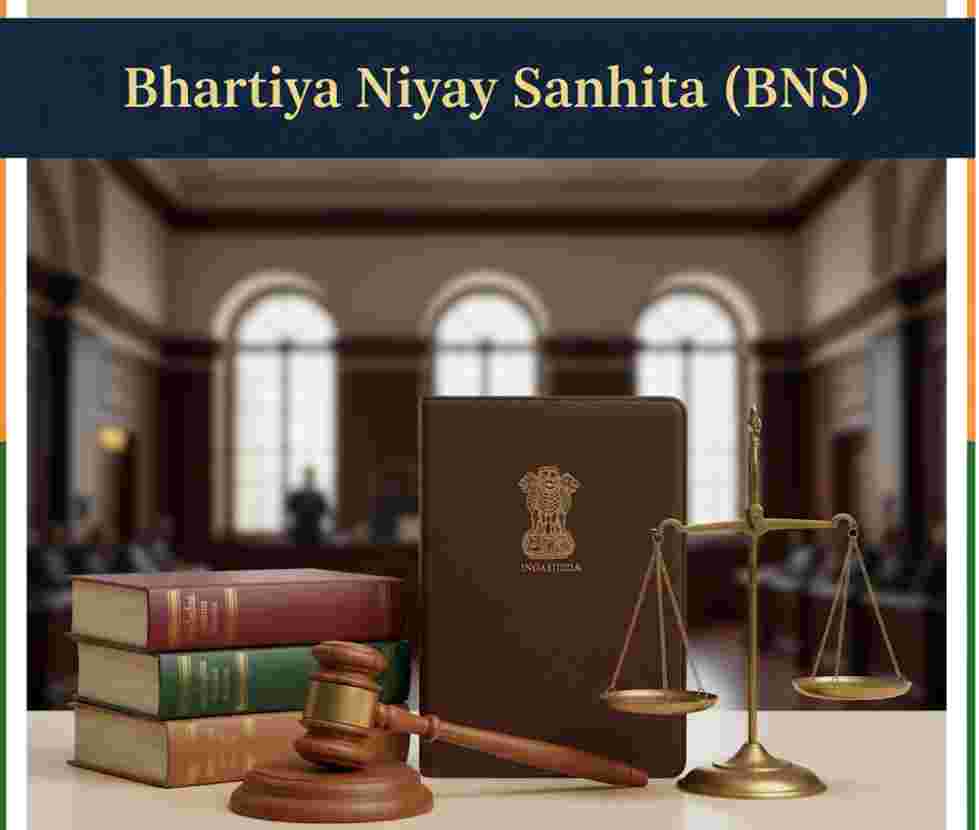
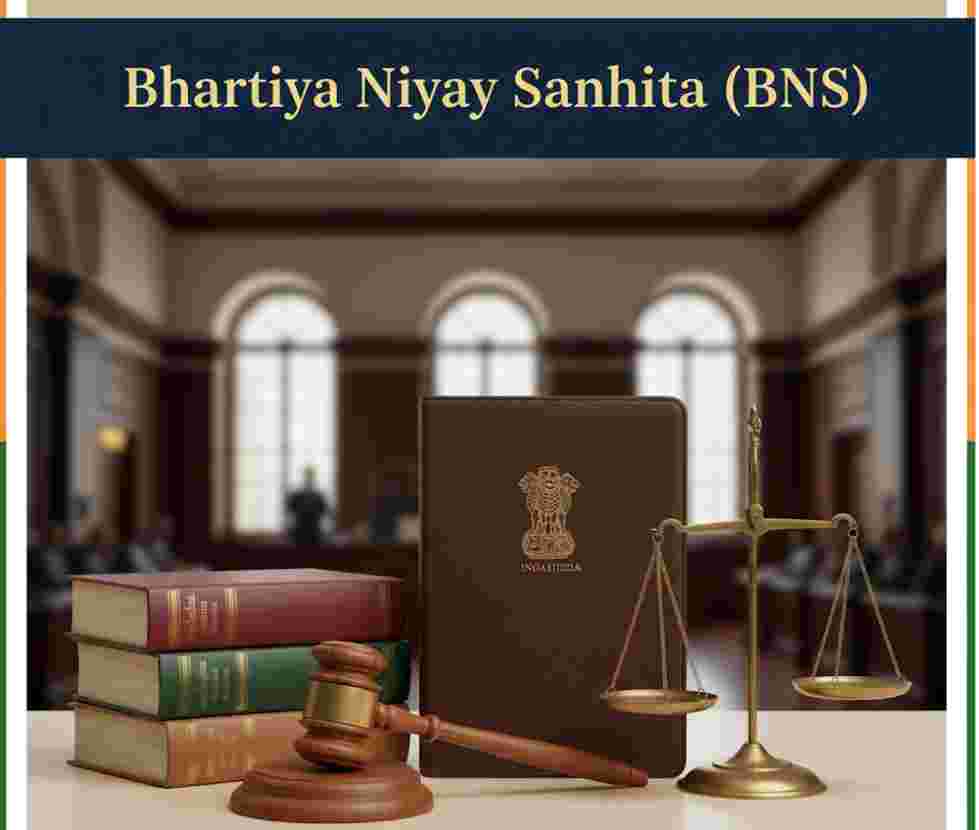
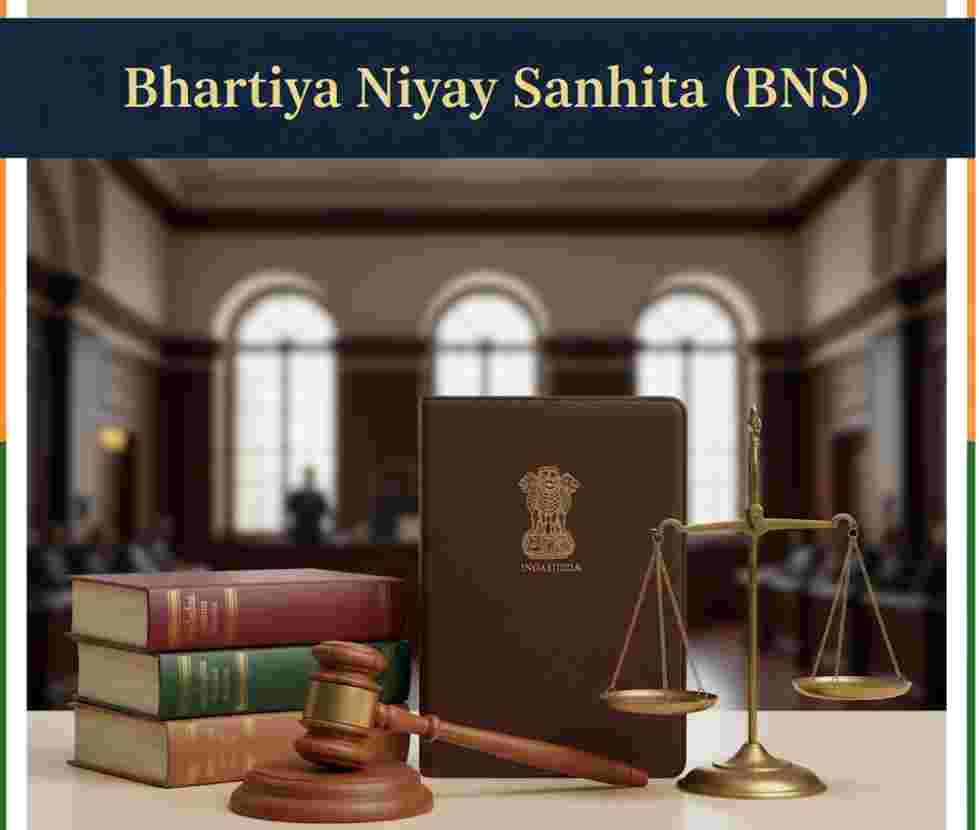
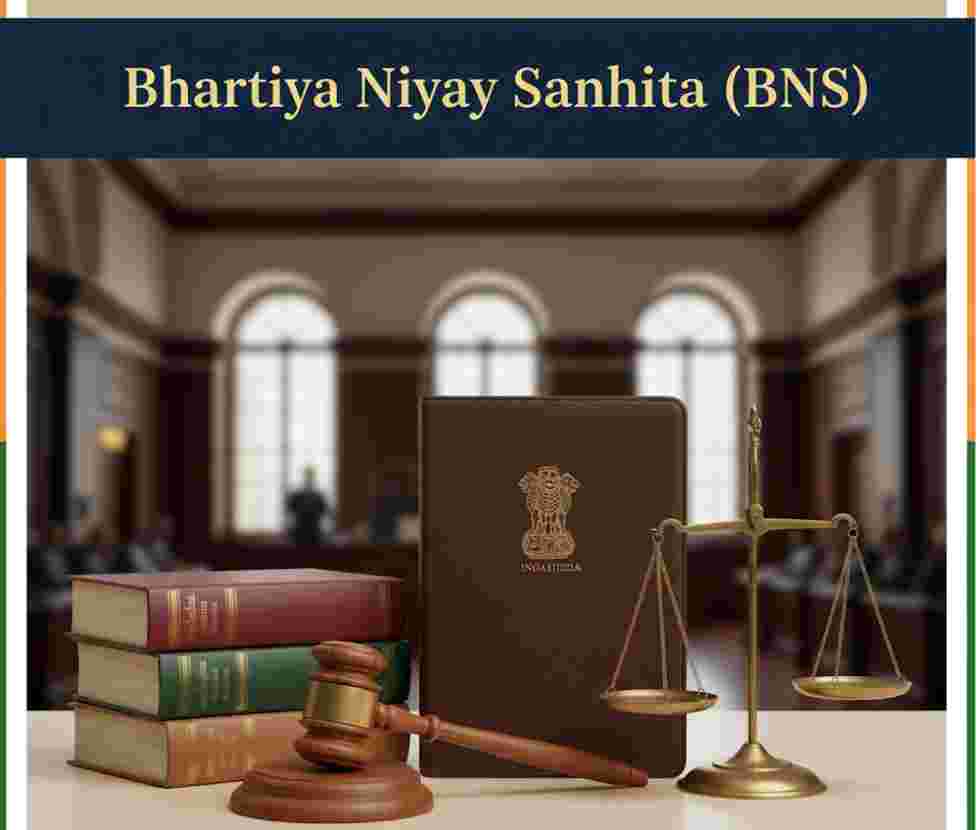
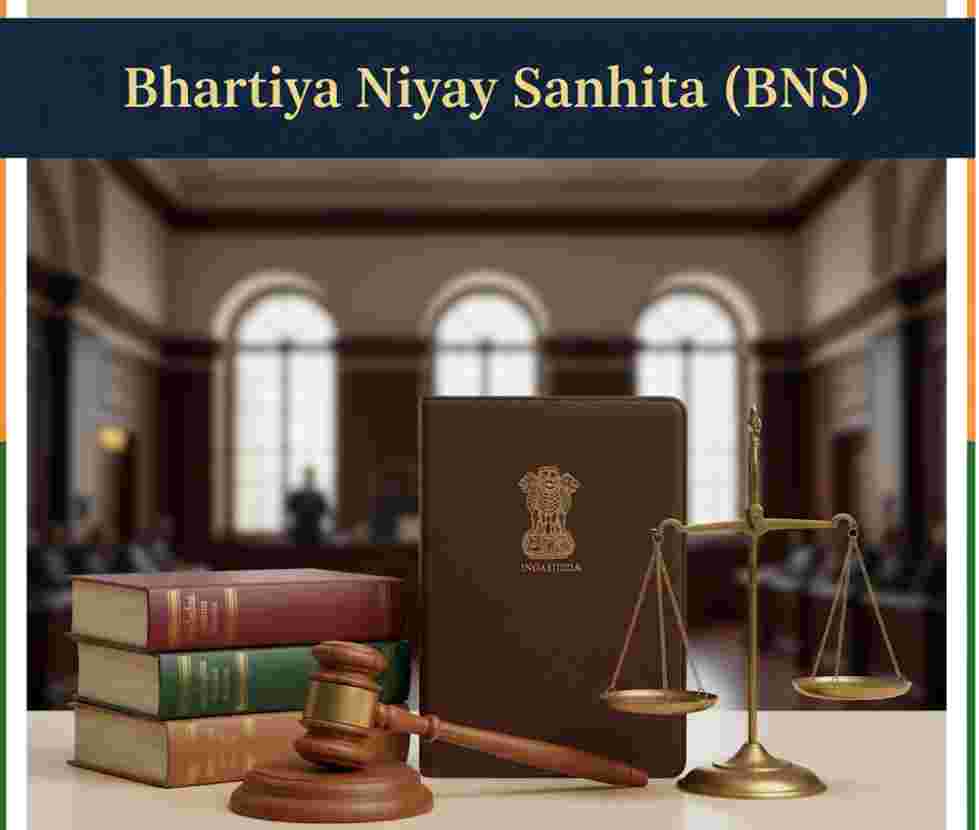
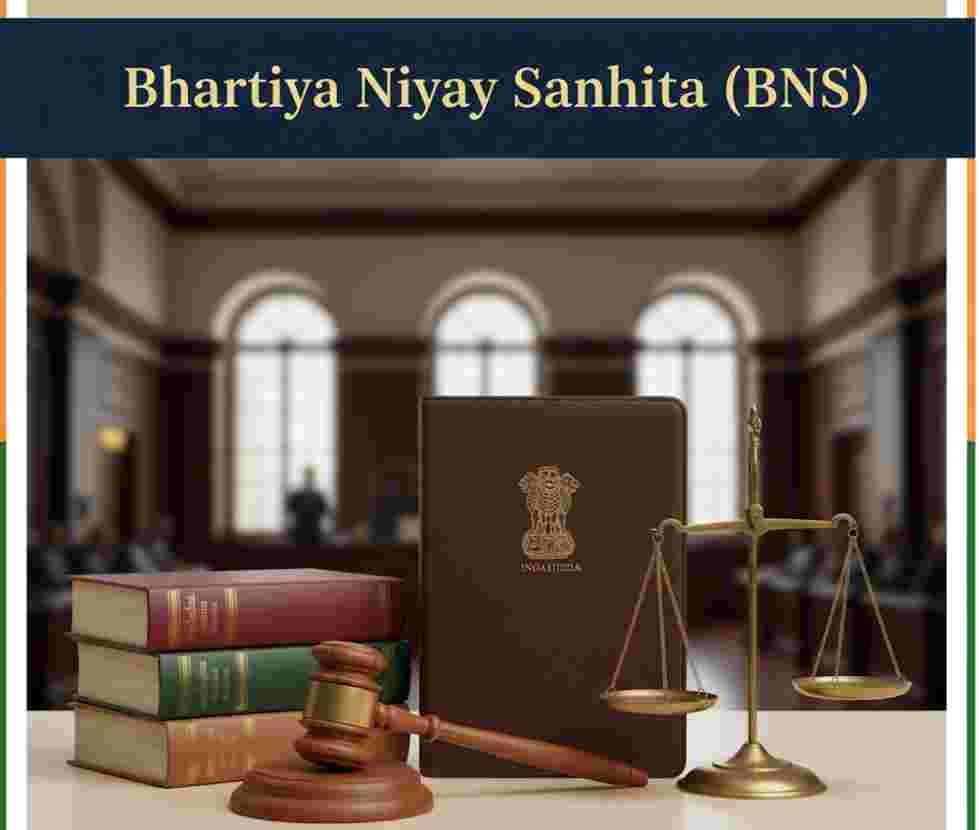
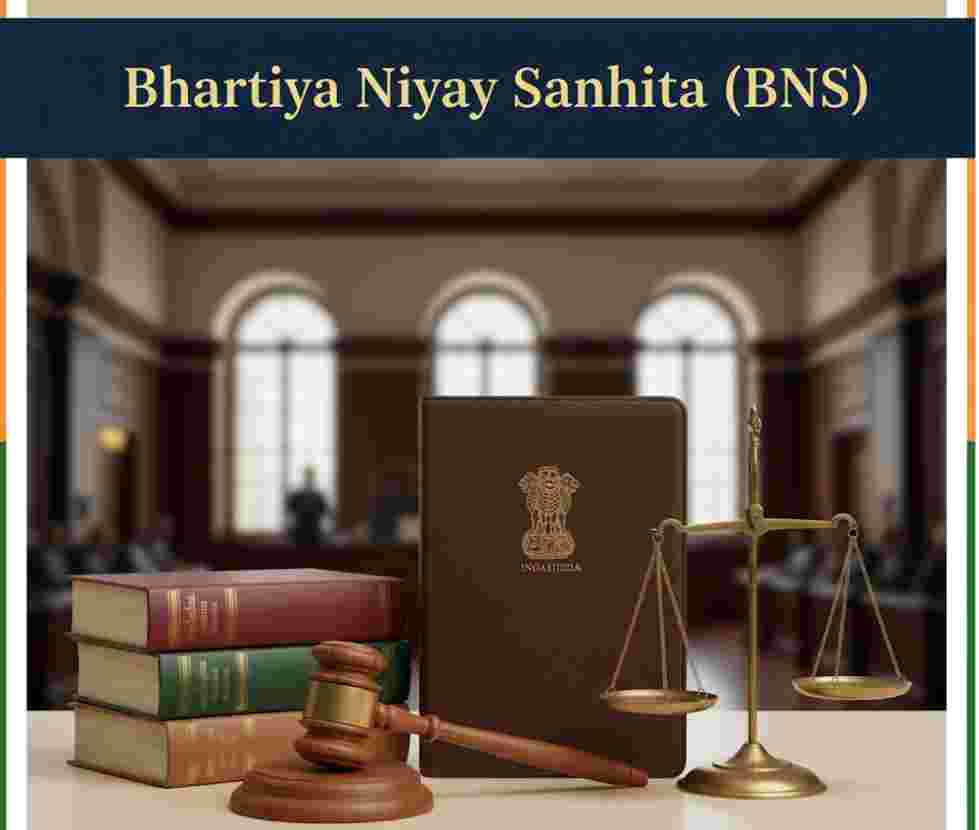
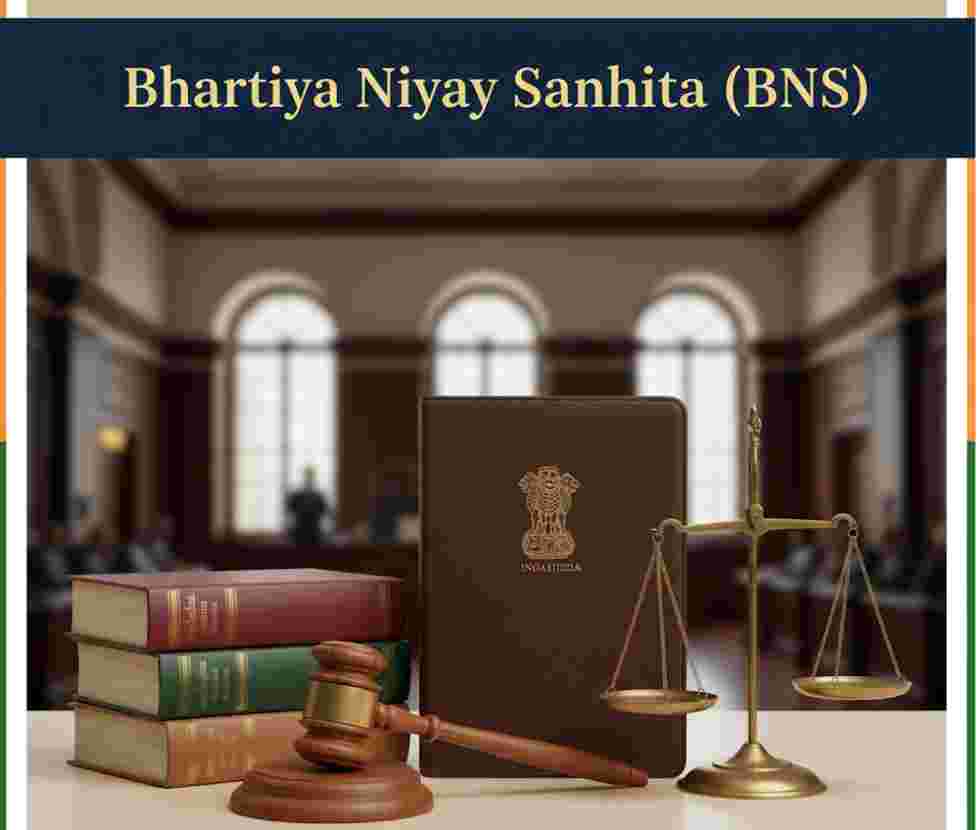
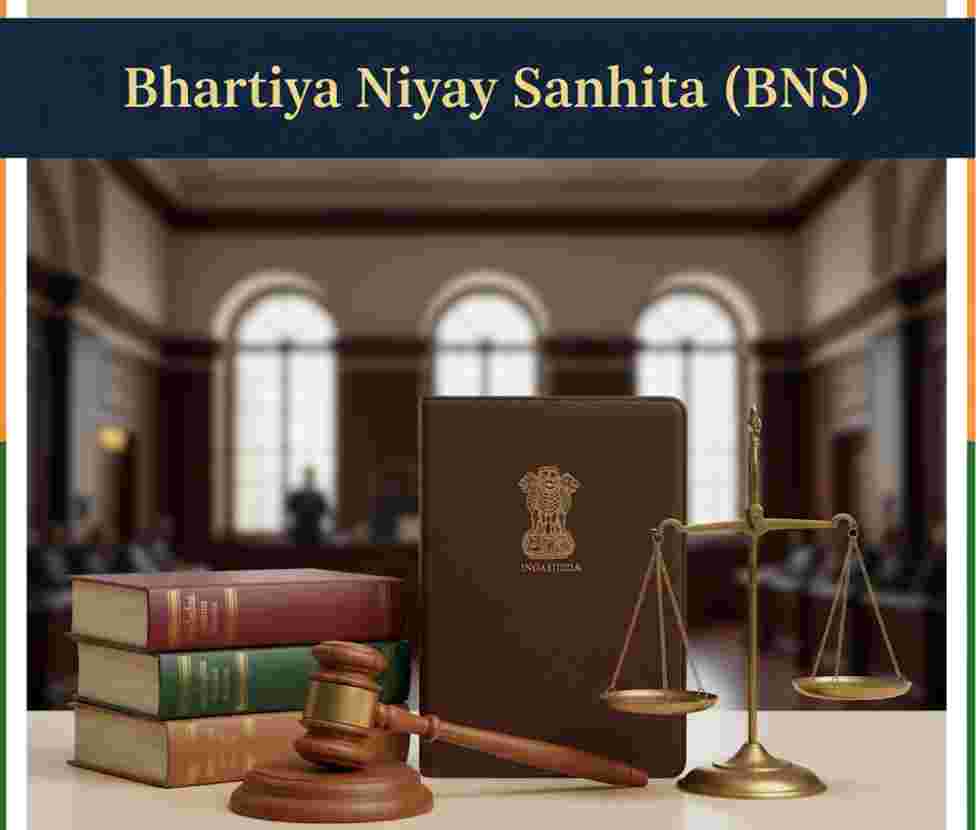


































































































Comment
Nothing for now